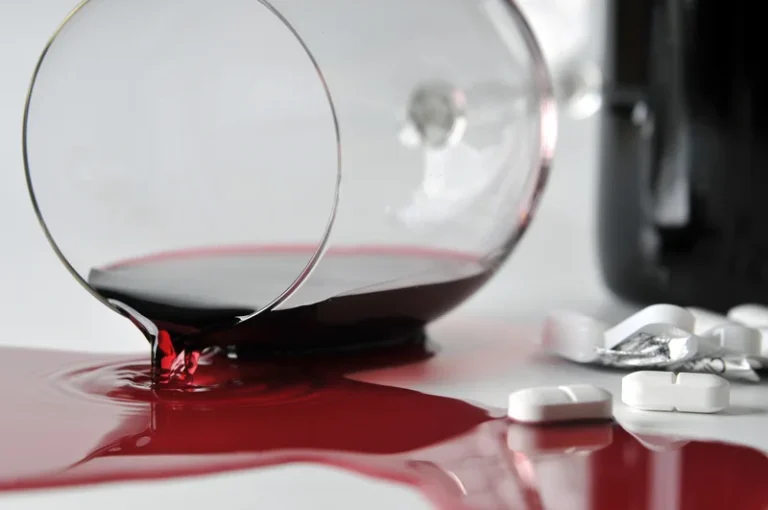
This is likely why the new study found an association between exercise and a younger-looking brain, said Marseglia. In a new study, researchers in Sweden used artificial intelligence and brain scans to determine whether there was any connection between older adults’ lifestyles and their brain health. After you drink any kind of booze—vodka, wine, sake, you name it—enzymes in your body get to work metabolizing the alcohol (chemically known as ethanol) in your system. Amanda Woon, a 35-year-old in Hong Kong, started drinking less in 2018 after noticing how awful it made her feel. Even after one drink, she would notice flare-ups of her lupus. “If I didn’t drink, I would get fewer flare-ups, which led to an overall better quality of life,” she tells SELF.
Is alcohol physically addictive?
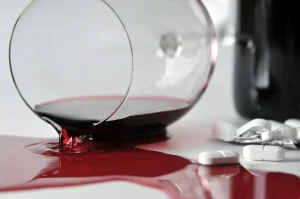
The results show that the clock ticks faster among heavy alcohol drinkers but slower among light to moderate drinkers. Many people don’t realize that alcohol can alter your sleep patterns. Although drinking too much can make you fall asleep more easily, it also reduces the amount of alcohol and aging time that you spend in the rapid eye movement, or REM, stage.
Does alcohol darken skin?
Drinking a large amount of alcohol causes damage to your eyes over time. Twelve-step program Damage occurs particularly in the retina and optic nerves in the eye, where it’s usually age-related rather than alcohol-related. The National Institute on Alcohol Abuse and Alcoholism also suggests keeping track of how much you’re drinking, which you can do on a piece of paper in your wallet or an app on your phone. Identify your triggers — what’s giving you the urge to drink — and find ways to avoid them. Miami real estate agent Alina Freyre said she and her husband, Andy Freyre, stopped drinking two years ago.
- Aging comes with an increased risk of serious health conditions such as cardiovascular disease, cognitive decline, or hearing loss.
- Heavy, chronic alcohol use causes nutritional deficiencies and hormonal imbalances.
- What people shouldn’t be doing is justifying their drinking because it’s supposed to be healthy, says Luis Seija, an internist and pediatrician at the University of Pennsylvania.
Drinking contributes to a host of age-related conditions.
If necessary, record how much you’re consuming, so you can better track your drinking habit. They’re not responsible for your behavior, but they can offer gentle reminders or avoid encouraging you to drink more. Maybe you’ve fallen for the common misconception that the older you are, the better you can handle alcohol. In actuality, as you grow older, your body has a harder time metabolizing alcohol, increasing your sensitivity to it. You also likely have less muscle mass than you did when you were younger, so the effects of alcohol can come on faster. Heavy drinking over time can cause weight gain, which might result in the appearance of a double chin.
Signs Alcohol Affects Your Physical Appearance
A nonlinear relationship between alcohol consumption and epigenetic age is very interesting. It suggests a complicated effect of alcohol use on health. The total amount of water in one’s body also decreases with age.
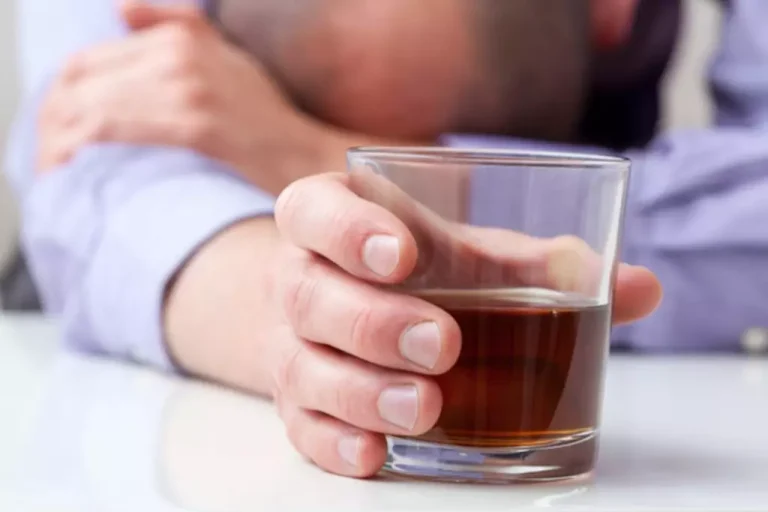
My husband and I took our weekend wine-and-cheese tradition and made it an everyday event. We started skipping the cheese, and one glass would morph into two, and sometimes into a bottle. Many older adults take medications that could interact with alcohol.
- So, even as you enjoy your drink, note that the answer to the question,”does alcohol age you” is yes.
- Alcohol contains sugar which causes your insulin levels to rise in an effort to stabilize it.
- All in all, the sooner you quit or moderate your drinking, the better.
- And the calories in an alcoholic drink don’t just come from the alcohol – many have additional calories from carbohydrates as well, like sugar or starch.
- That’s where alcohol comes in — it dehydrates you and dries out your skin.
- If you’re questioning your relationship with alcohol, Manning suggested that you first try to go 30 days without it and see how you feel.
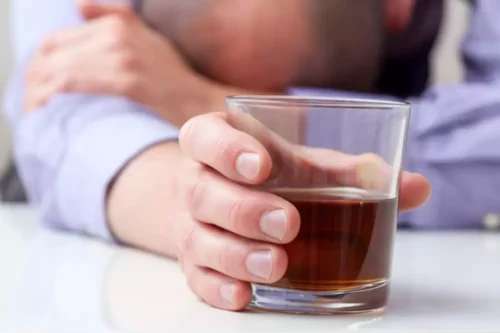
Socializing without a beer in your own hand will help to break the mental link between having fun and consuming alcohol. When the liver is working hard to detoxify the body from alcohol, it creates more free radicals than the body’s antioxidants can handle, which leads to something called oxidative stress. Studies have shown that oxidative stress is an important contributing factor in aging. As you grow older, you start to metabolize alcohol https://ecosoberhouse.com/ at a slower rate, according to Elizabeth Trattner, a Miami-based acupuncture physician and nutritionist. The longer the booze stays in your system, the more alcohol builds up in your bloodstream, which puts you at greater risk for damaging effects.
- Retirement or a reduced ability to work can affect your income, and financial instability often increases stress.
- Using those images, the researchers then calculated each participant’s brain age gap by subtracting their estimated biological brain age from their chronicle age.
- Alcohol tolerance can be significantly diminished as people age, and the effects of alcohol can be exacerbated due to an array of factors.
Mounting evidence links alcohol with cancer. Defining a “safe” amount of drinking is tricky — and controversial.
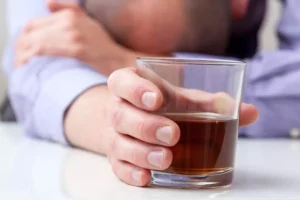
But alcohol’s effects on skin and aging can make you look older prematurely. Burning Tree Ranch is a specialty program dedicated to the treatment of chronic addiction and mental health. Our program is long-term, progress-based, and highly intensive. Joy Manning, a Philadelphia-based freelance writer and creator of the Instagram account Better Without Booze, can also attest to the life-changing effects of sobriety. She said she just celebrated her 600th day of not drinking. While your skin can regain its supple and dewy complexion after several days of rehydration, broken blood vessels are a lot harder to fix.